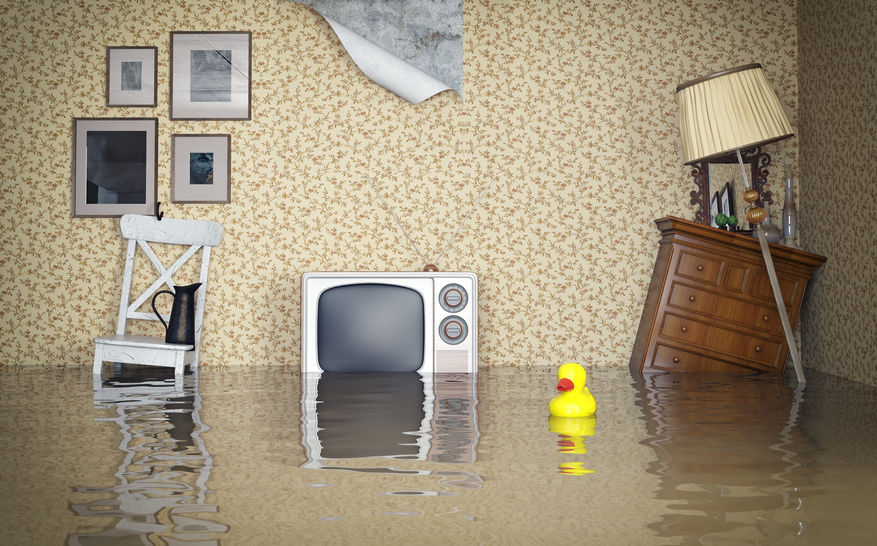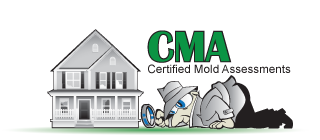 Many homeowners are never concerned about mold until it becomes a major problem. The longer mold continues to grow, the harder it is to deal with the situation. It is possible to notice the signs or symptoms related to mold but without testing, you can never be certain about the extent of mold in your home. The policies for a homeowner, renter property, or commercial property owner may differ in their kind and scope depending on the insurer. It is always important to understand your coverage when insuring your home against future uncertainties. This article discusses whether Homeowners Insurance covers mold testing and how to make a successful mold insurance claim.
Many homeowners are never concerned about mold until it becomes a major problem. The longer mold continues to grow, the harder it is to deal with the situation. It is possible to notice the signs or symptoms related to mold but without testing, you can never be certain about the extent of mold in your home. The policies for a homeowner, renter property, or commercial property owner may differ in their kind and scope depending on the insurer. It is always important to understand your coverage when insuring your home against future uncertainties. This article discusses whether Homeowners Insurance covers mold testing and how to make a successful mold insurance claim.
Mold Contamination Insurance Coverage
For mold to be covered under an insurance policy, it will depend on the causes of mold contamination and the specific language used in the clauses. Mold problems often develop as a secondary problem from water damage covered by an insurance company. The real answer lies in what caused mold to grow in your house. It also looks at whether the type of damage that might occur is covered or excluded in the policy. It is important to know that most insurance policies do not cover mold testing while others may offer compensation but with limitations. Below are situations when your insurance will or will not cover for mold testing or damage caused by mold.
When do Homeowners Insurance Cover Mold Claims?
Many different things can cause mold growth in your home. However, insurance companies can only cover mold testing if there is a possibility of mold growth following a sudden or accidental issue. For instance, the water used to put out a fire could result in a mold problem. If it were not for the water used to put out the fire, you would not be concerned about the mold issue. On the other hand, since you had insured your home against fire and the water used to put out the fire caused mold problem, then your insurer might offer compensation for the costs involved in remediation.
There are situations when your mold claim coincides with a claim filed for a casual incident. For instance, your insurer may send a mold remediation team to dry your home properly if a pipe bursts and floods your house. This helps to minimize damage and prevent mold from growing in the first place. In such situations, it is important to ask your insurance agent if your claim covers the necessary mold remediation. It is important to keep meticulous records of all repairs or damaged areas that can support potential claims that might arise in the future.
Homeowners Insurance will not cover for mold testing or remediation if a broken or leaking pipe caused the water damage. The same applies to water damage from a leaking roof since it could be because of neglected home maintenance. Mold can grow over time in areas that are poorly maintained like a laundry room or a damp basement. Filing a claim might be necessary for large or serious problems that might have been caused by water damage covered in the insurance policy.
Mold and Professional Liability Insurance
The best explanation for damages or risks covered by an insurance policy begins with a proper definition of the damages. The professional liability policy offers compensation for third-party damages that are not excluded. It covers the monetary amounts for which the insured is legally held liable including judgments and settlements. Therefore, any issue related to mold, microbial matter or other pollutant results caused by an error in professional services is covered under the typical professional liability policy as long as it is not specifically excluded. In some policies, the exclusion section might state an exclusion outright while others include exclusions via definition or endorsements. It is important to review all policies to understand the scope of an insurer regarding a mold issue.
Homeowners Insurance can provide coverage for claims arising out or errors, omissions and negligent acts in professional services performed on behalf of the insured. You can also be covered if a mold claim coincides with a filed claim for a casual incident such as a pipe burst. However, insurance companies may not offer compensation if there is no proof of water damage that might have caused a mold problem or if you never disclosed the history of mold issues in your home. Mold caused by lack of maintenance or neglect is likely to be turned down by an insurance company as it was done deliberately. It is important to read and understand the insurance policies from your insurer to determine whether it can cover issues related to mold testing and remediation.
